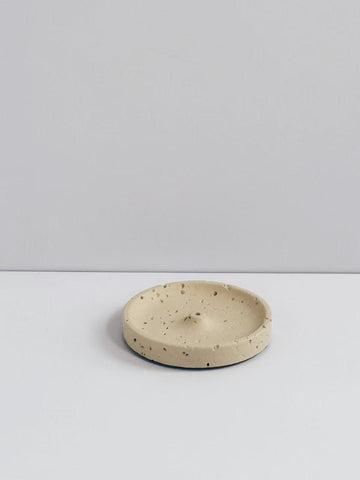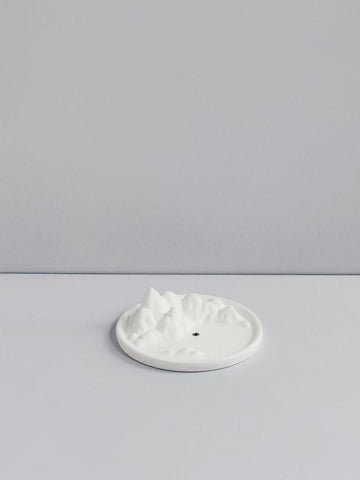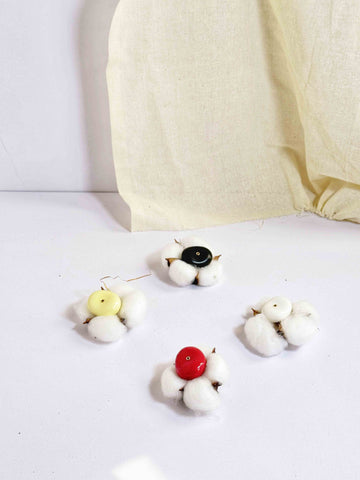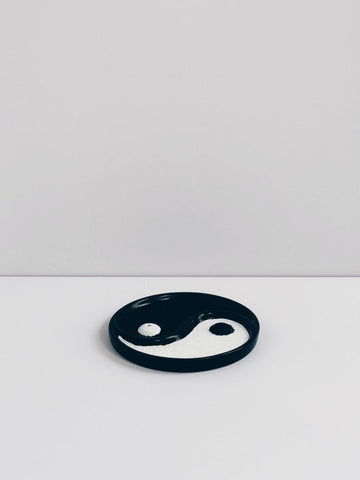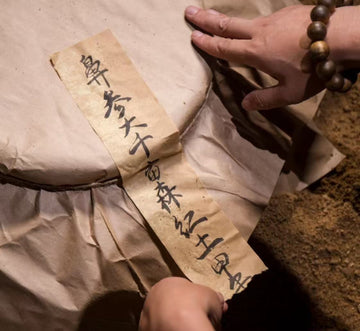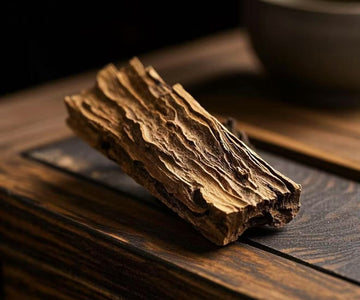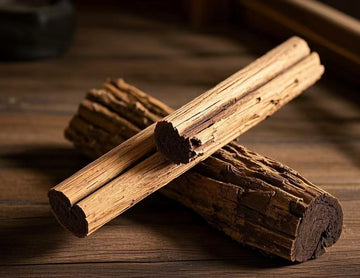Do Incense Sticks Expire?
Incense has been a significant part of Chinese culture for centuries, with its roots tracing back to ancient times. The art of incense appreciation, known as Xiangdao (香道), has evolved from a scholarly pursuit to a daily ritual embraced by modern households. As more people seek tranquility and mindfulness, burning incense has become a way to connect with tradition and create a soothing atmosphere.
Does Incense Expire?
Unlike food or medicine, incense does not have a strict expiration date. High-quality incense sticks, particularly those made from natural materials like agarwood, sandalwood, and herbs, do not contain artificial preservatives that degrade quickly. Instead, their composition allows them to age, much like fine tea or wine, where the scent deepens and becomes more refined over time.
Freshly made Chinese incense sticks often contain natural binding agents like nanmu (楠木皮) or elm bark (榆木皮) powder, which require time to fully integrate with aromatic woods. If burned immediately after production, the incense may emit a sharper scent due to residual moisture and the natural fragrance of the binding agent.
The Aging Process of Incense Sticks
To allow the scent to mature, incense sticks should be stored in a dry environment for at least three months before use. Over time, the natural ingredients interact, leading to a smoother, richer fragrance. Some connoisseurs store their incense for several years to achieve the best aromatic harmony.
Blended incense, which combines multiple aromatic components, often requires a longer aging period to ensure all elements fully integrate. This is why some incense collectors purposefully age their incense under controlled conditions, much like collectors of aged tea or wine.
Proper Storage for Incense Longevity
Although incense sticks can last indefinitely if stored correctly, environmental factors like humidity, temperature, and air exposure significantly impact their quality. Here are some key storage tips:
-
Keep Incense Dry: Moisture can lead to mold or weaken the fragrance. In humid climates, silica gel packets or dehumidifiers can help maintain optimal conditions.
-
Avoid Direct Sunlight: Prolonged exposure to light can alter the natural composition of incense oils, distorting the scent.
-
Maintain Temperature Stability: Extreme temperature changes can cause condensation, affecting the incense’s quality. A cool, dry space is ideal.
-
Use Airtight Containers: Sealing incense in airtight bags or wooden boxes helps prevent contamination from external odors.
-
Store Separately: Different types of incense should be stored separately to avoid scent mixing. If buying in bulk, dividing incense into smaller portions minimizes exposure to air.

By following these guidelines, incense enthusiasts can preserve the integrity of their incense sticks for many years.
The Unique Properties of Chinese Incense
Chinese incense culture emphasizes natural aging to enhance fragrance. For example, agarwood incense develops a deeper, richer scent profile as its resin content matures. Similarly, sandalwood incense benefits from prolonged storage, as its essential oils continue to refine over time.
Understanding the composition of incense is crucial in appreciating its long-term value. Many traditional Chinese incense recipes incorporate a blend of natural herbs, woods, and resins, each contributing to an evolving scent. This is why well-aged incense often provides a more profound and complex aromatic experience than freshly made sticks.
If you're curious about how incense is made, check out this detailed guide: What is Incense Made Of?
Common Misconceptions About Incense Expiration
Many people worry that incense loses its potency over time. While poor storage can degrade scent quality, well-preserved natural incense can last indefinitely. Unlike synthetic fragrances that rely on volatile chemicals, natural incense maintains its essential oils and resins, allowing it to age gracefully rather than deteriorate.
However, it’s important to note that not all incense benefits from aging. Lower-quality incense, especially those containing artificial additives, may degrade over time due to chemical instability. This is why selecting high-quality, natural incense is essential.
For a deeper look into the safety and benefits of burning incense, you might find this article useful: Is Incense Bad for You?
Final Thoughts
Incense sticks do not expire in the traditional sense. Instead, they undergo a natural aging process that enhances their fragrance and depth. Proper storage ensures their longevity, allowing incense lovers to enjoy a refined and evolving scent experience over the years.
If you appreciate high-quality, naturally aged incense, explore our collection at Memoricall. Our incense is crafted to reflect the rich heritage of Chinese fragrance culture, providing an authentic and immersive experience.

